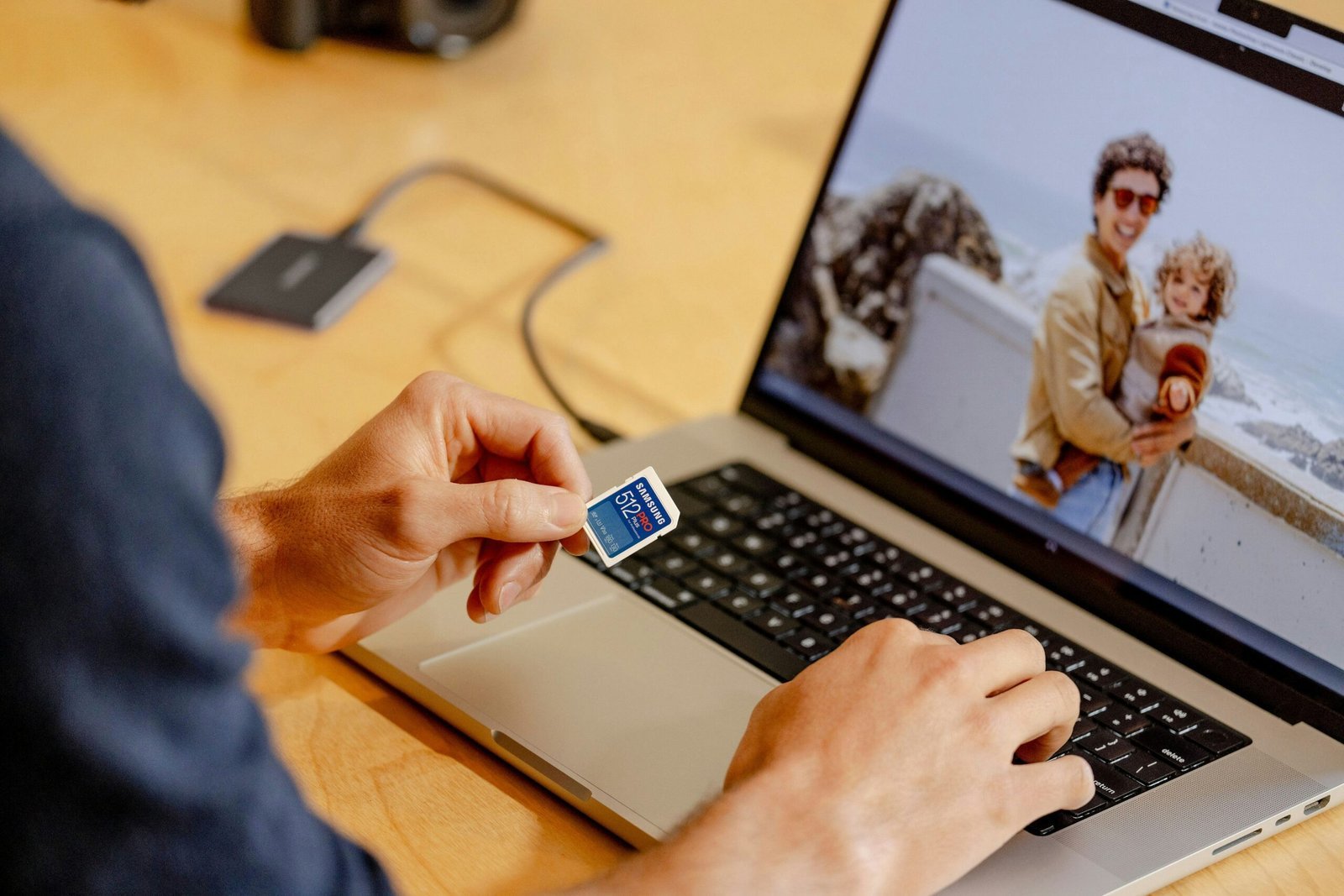Understanding Privacy in the Modern World
In today’s digital age, the concept of privacy has evolved significantly, particularly with the rapid advancement of technology and the rise of social media platforms. Privacy, defined as the right to keep certain aspects of one’s life confidential, has become increasingly challenging to maintain in a world where sharing personal information is often considered the norm. This shift towards a culture of oversharing has raised important questions about the significance of personal privacy and its implications for mental well-being and personal freedom.
Thank you for reading this post, don't forget to subscribe!The impact of social media on privacy is profound. Users frequently share personal milestones, thoughts, and experiences online, often without considering the long-term consequences. As a result, information that was once kept private can now be accessed by a broader audience, including potential employers, friends, and even strangers. This transparency may foster a sense of connection among individuals but can also lead to vulnerability and the risk of exploitation. Consequently, many individuals find themselves grappling with the fine line between openness and the necessity for privacy.
Maintaining a certain level of anonymity and discretion in one’s life can provide numerous benefits. It fosters an environment conducive to personal reflection, allowing individuals to develop their identities apart from societal expectations. Moreover, having boundaries around personal information enhances mental well-being and reduces anxiety related to external judgment or scrutiny. The ability to keep aspects of one’s life private can empower individuals to seek genuine connections based on shared interests rather than superficial engagements dictated by social media norms.
Ultimately, understanding privacy in the modern world is crucial as it influences how individuals navigate personal relationships and maintain their sense of identity. By recognizing the importance of discretion, individuals can embrace the beauty of privacy as a pathway to a more fulfilling and balanced life.
The Benefits of Keeping Your Life Low-Key
Maintaining a low-key lifestyle can provide numerous advantages, fostering an environment where individuals can genuinely thrive. One of the primary benefits is the enhanced peace of mind that comes with privacy. When one chooses to keep their life under wraps, they often experience a significant reduction in anxiety associated with public scrutiny. Individuals can make choices aligned with their values without feeling the pressing need to conform to societal expectations. For example, a person who opts out of sharing every detail on social media may find solace in a more tranquil existence, free from judgment or judgmental remarks.
Furthermore, embracing a low-key approach significantly reduces stress stemming from societal pressures. In a world dominated by social media, where people often curate their lives to appear more glamorous or aspirational, the pressure to project a perfect image can be overwhelming. By stepping back from this constant competition, individuals can focus on authenticity rather than seeking validation from others. This not only enhances mental well-being but also allows for a more genuine self-expression that is not tethered to external expectations.
Additionally, keeping one’s life private opens avenues to foster deeper, more meaningful relationships. When conversations are devoid of the influence of public perception, individuals can connect on a more personal level, forming bonds built on trust and understanding. For instance, an individual who chooses to limit exposure to their private matters may find that they develop more profound friendships, where interactions are based on shared experiences rather than superficial portrayals. This shift from external validation to intrinsic connection can result in a more fulfilling social existence.
Ultimately, the decision to keep one’s life low-key can lead to a more peaceful, less stressful, and richer life experience, underscoring the importance of privacy in today’s interconnected world.
How to Cultivate a More Private Existence
In an increasingly connected world, cultivating a more private existence can seem challenging yet essential for personal well-being. The first step toward achieving this privacy often involves a conscious social media detox. By reducing or eliminating time spent on social platforms, individuals can reclaim valuable moments that might otherwise be spent on comparisons or oversharing. This detox does not only involve deleting accounts but also reconsidering how these platforms serve individual needs, prompting a more mindful approach to online presence.
Another strategy to foster a more private life is to establish clear boundaries with acquaintances and even close friends. It is crucial to identify which aspects of your life are private and communicate this deliberately. For instance, discussing personal matters should be limited to trusted individuals rather than being opened up to a wider circle. By voicing boundaries, individuals can cultivate relationships based on mutual respect and understanding while also safeguarding their privacy.
Furthermore, being selective about the personal information shared with others plays a pivotal role in maintaining a more private lifestyle. This entails evaluating the necessity and relevance of the information you disclose in conversations. The emphasis should be on intentionality in everyday interactions; this allows one to prioritize personal growth, focusing on developing interests and skills rather than seeking public validation or approval. When individuals decide to invest time and energy into pursuits that enhance their self-awareness, they often find themselves thriving in ways that remain under the radar, away from societal expectations.
Embracing these practical tips can lead to a life enriched by privacy, allowing individuals to flourish in their personal journeys while minimizing the pressures of a public persona. By fostering a space of intentional living and reduced exposure, one can experience the remarkable benefits tied to a more private existence.
The Paradox of Connection in a Disconnected World
In an age characterized by unprecedented connectivity, where social media platforms facilitate instantaneous interactions, a curious paradox emerges: the quality of our interpersonal connections often diminishes amidst the abundance of communication. While it is easier than ever to maintain casual acquaintances and engage in frequent updates about our lives, the depth of understanding and intimacy in relationships can suffer. This phenomenon raises essential questions about the significance of privacy and the balance between sharing and preserving one’s personal space.
To cultivate meaningful connections, it becomes imperative to prioritize quality over quantity in our interactions. Knowing someone truly involves uncovering layers of personality, interests, and emotions, which cannot be achieved through superficial exchanges. When individuals disclose everything about themselves, the uniqueness of personal experiences may become diluted, leading to relationships that lack authenticity. In contrast, retaining certain aspects of our lives private allows for a richer process of discovery. This deliberation encourages curiosity and deeper engagement in relationships, fostering an environment for genuine emotional connections.
Moreover, embracing privacy does not equate to isolation. Instead, it can lead to a profound understanding of oneself, which is foundational for nurturing authentic relationships. By maintaining some boundaries, individuals cultivate the capacity to reflect, grow, and develop individually. This internal development enriches interactions with others, creating a reciprocal dynamic that enhances relationship strength. In this regard, privacy becomes a tool for enriching connections rather than a barrier to them. Thus, in today’s hyper-connected environment, valuing privacy emerges as a cornerstone for developing resilient and fulfilling relationships, creating a balance between the public and personal aspects of life.


